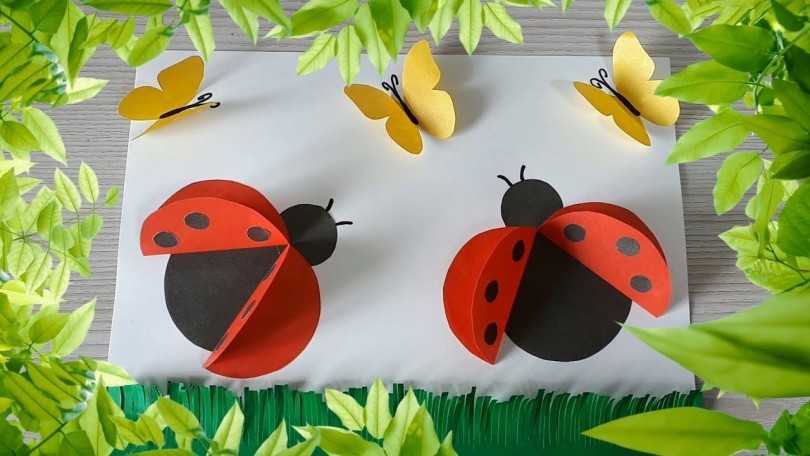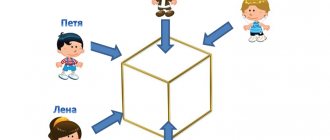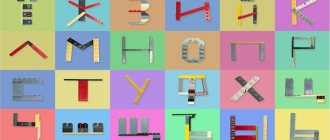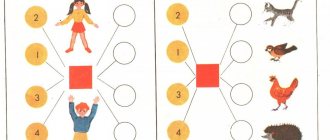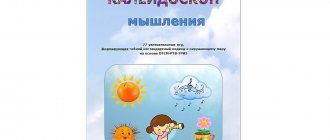Panel nest with birds
You will need:
- disposable paper plate;
- flaps of dense fabric. Felt will do;
- branches, pieces of tree bark, long needles of coniferous trees;
- cotton wool;
- glue.
Take a large diameter dish. Stick a bird figurine on it. Pre-cut it from thick fabric. Now cover the bottom of the bird with branches, bark, and needles, forming a nest. The final stage will be the formation of eggs from lumps of cotton wool. This is one of the options for making animals from natural material with your own hands.
Layout of the natural area
Such prototypes of the environment develop in children concentration, observation, and keen interest in the environment. The main goal of ecology mock-ups is to study the fauna and habitats of animals. When creating it, you needed boxes, cotton wool, branches, leaves, flowers, grass. In general, everything that can be found in the nearest forested area. Your imagination will be needed here. The background of the model was decorated with nature appliqués.
They were used to create trees, mountains, the sun and the sky. Additionally, wire and PVA glue will be useful. Fauna can be represented by any small toys. Depending on what fragment of the planet you want to recreate, use mammals: cows, horses, pigs. For cold continents, take penguins. For hot countries - monkeys and parrots. The photo shows options for crafts made from environmentally friendly materials.
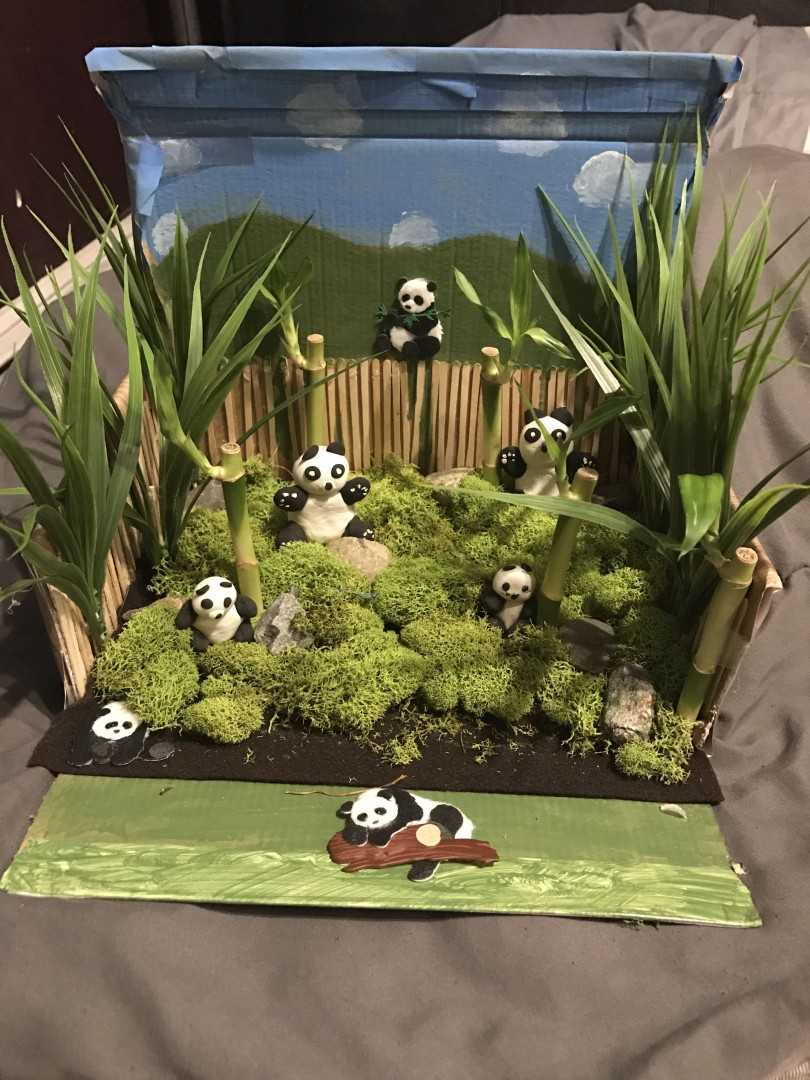
Aquarium from disposable plates
Required components:
- disposable plates;
- scissors;
- glue;
- paints.
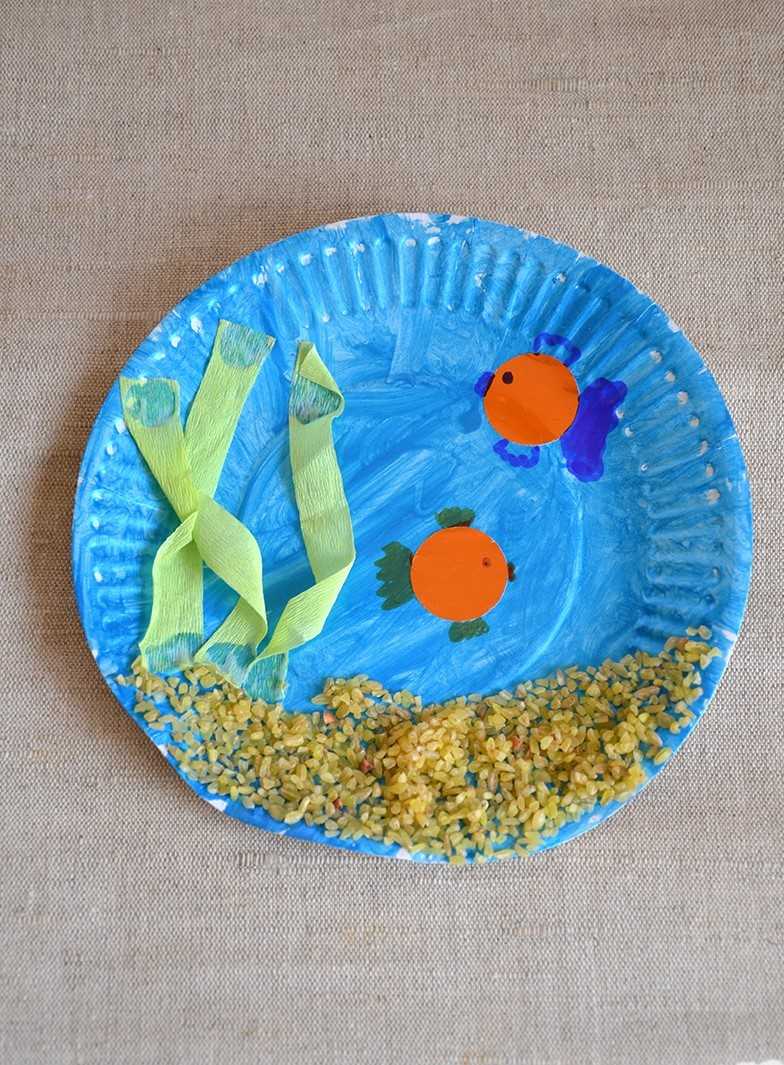
One of the plates will become the main one for the body of the fish, the second - for the fin and tail. Cut out the elements, paint in the chosen color, dry well. Then cut a triangular shaped segment. This will be the fish's mouth. Attach the parts with glue and draw the eyes. Crafts on the theme of nature will occupy the younger and older generations equally.
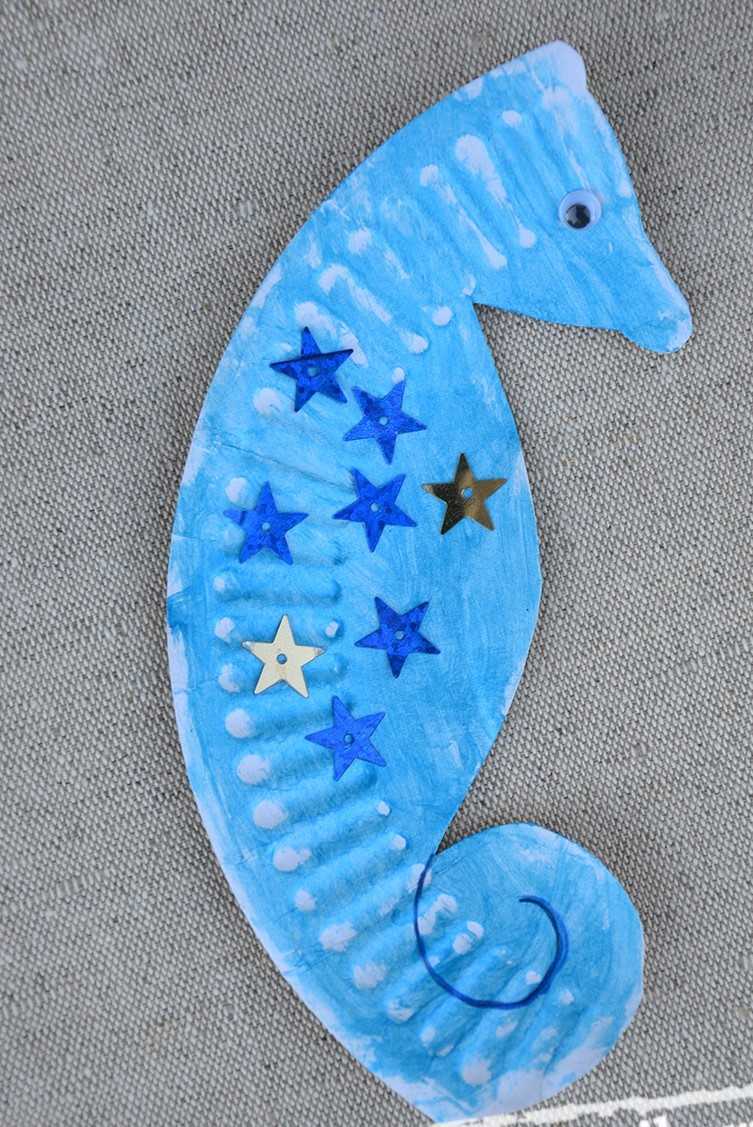
Forest crafts
Boletus from cereals
For the mushroom you will need:
- multi-colored cardboard;
- template for boletus;
- green and red lentils;
- millet;
- semolina;
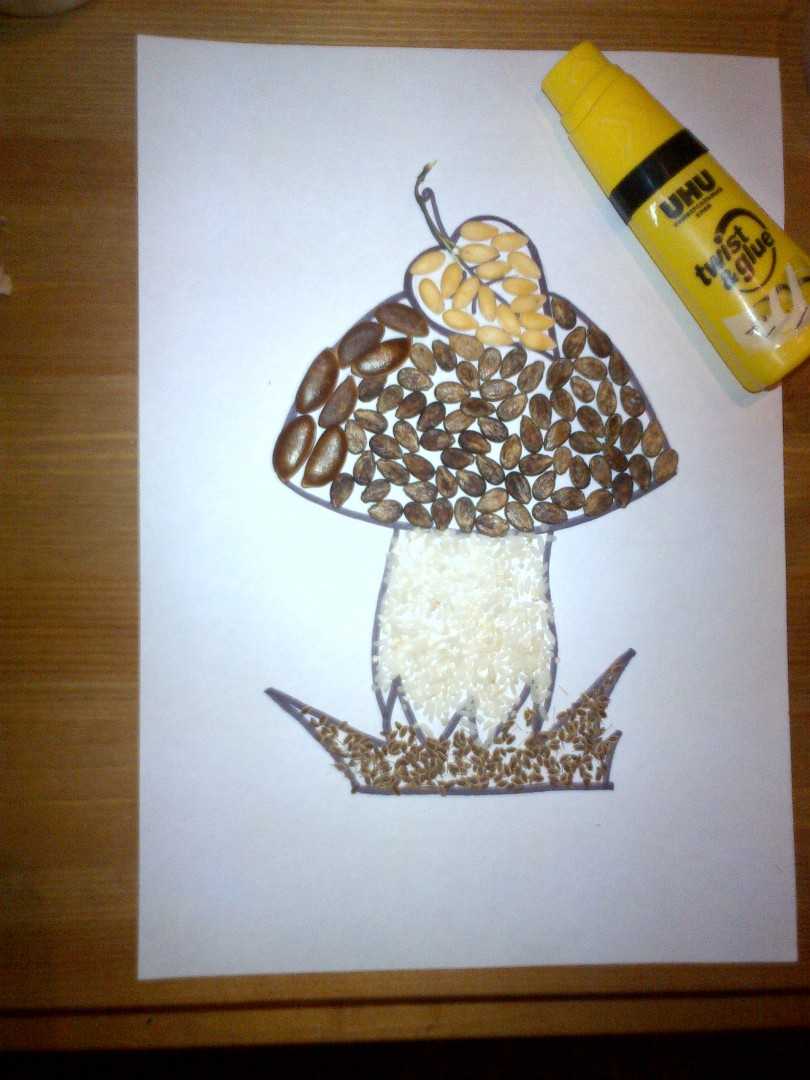
Step-by-step actions
- Cut out a template from plain paper.
- Transfer the image onto colored cardboard using a pencil.
- Apply PVA to part of the boletus cap and place red lentils on it. Press down a little with your fingers.
- Apply glue to the remaining half of the cap and distribute the beans in the same way. For a clear example, use pictures from natural materials in grades 2–4, made by elementary school students.
- Fill the inside of the cap, which is visible, with glue and millet.
- Cover the mushroom stem with semolina and PVA.
- Form a clearing around the boletus using PVA and green beans.
- Dry. The nature-themed craft is ready.
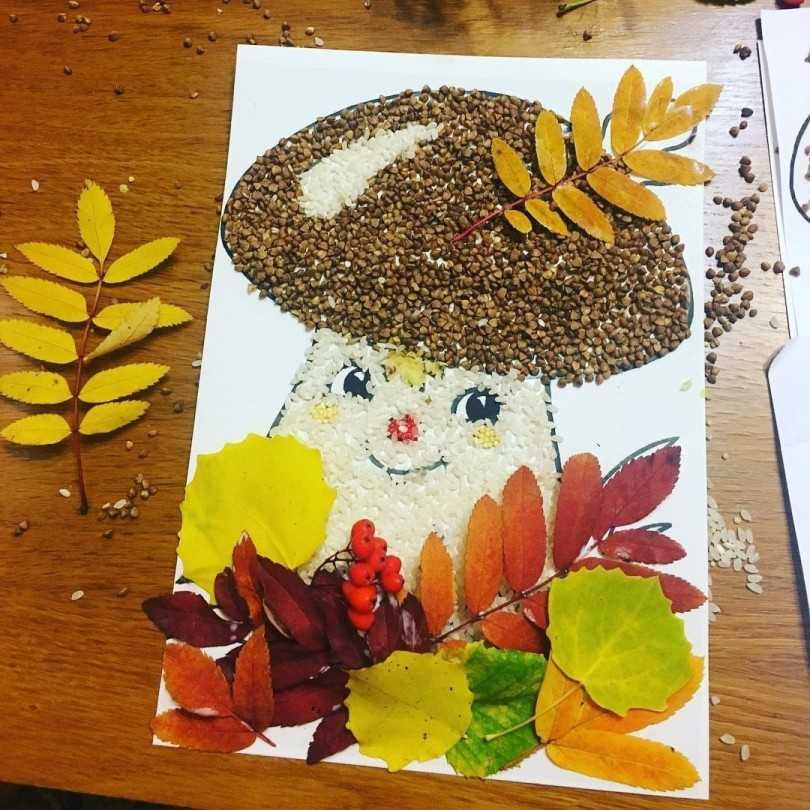
The world of spiders and ladybugs
An egg tray works well for modeling. It is easy to cut, pierce, and glue.
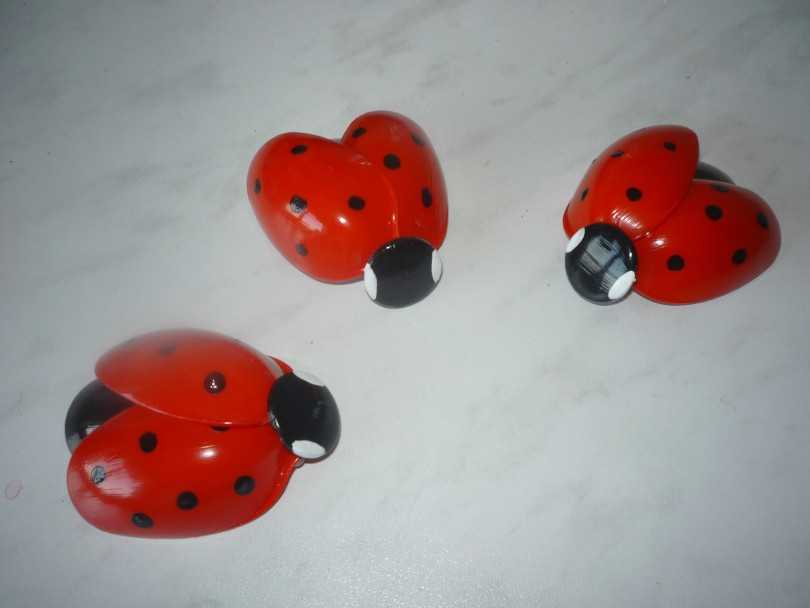
You will need:
- egg trays;
- wire;
- self-adhesive paper;
- acrylic paints
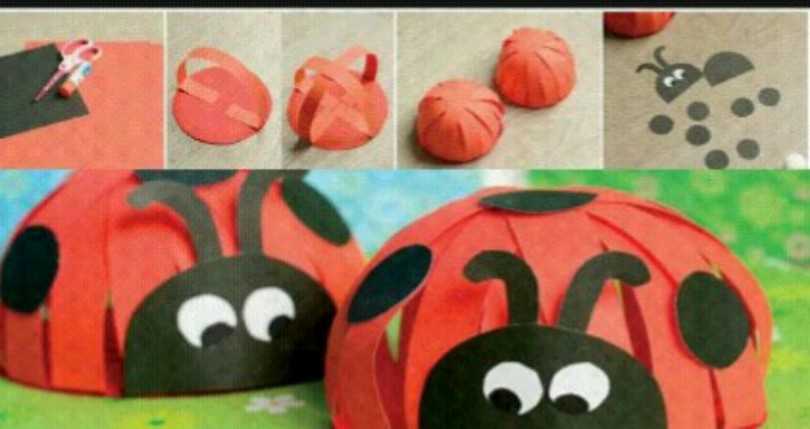
For clarity, see pictures of crafts made from natural materials.
- Treat egg trays by spraying alcohol on them.
- Cut off the top of the hemispheres. This will be the body of the insect.
- Apply paint and let dry well.
- Stick on the eyes. Pre-prepare them from self-adhesive film.
- Cut the wire into pieces 3–4 centimeters long and form them into legs.
- Pierce the places where the legs are attached in the egg hemispheres.
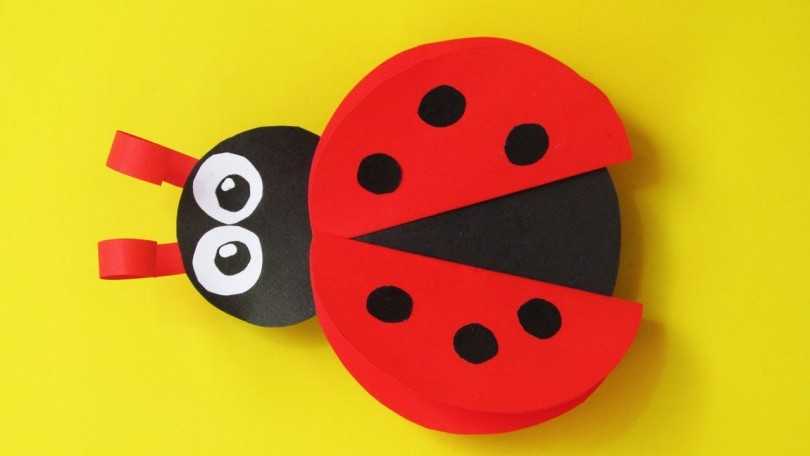
DIY crafts on the theme of ecology are ready.
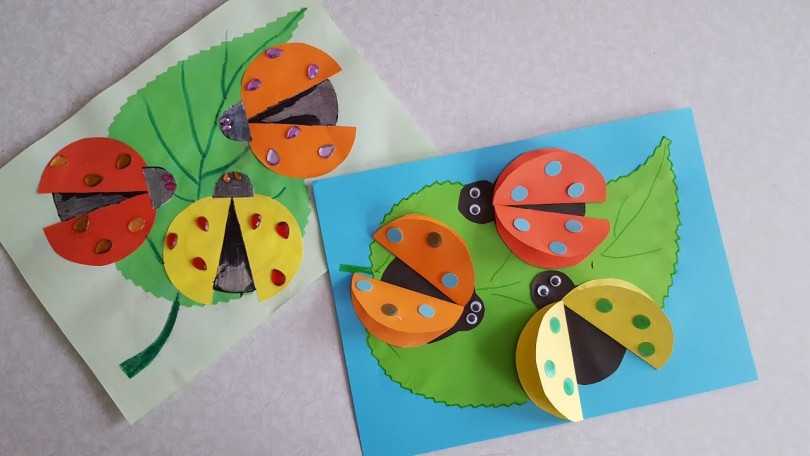
The task of teachers is to instill in children a competent attitude towards nature and its resources. This topic is addressed in kindergartens and schools. Parents often learn a lot of new information from their children.
